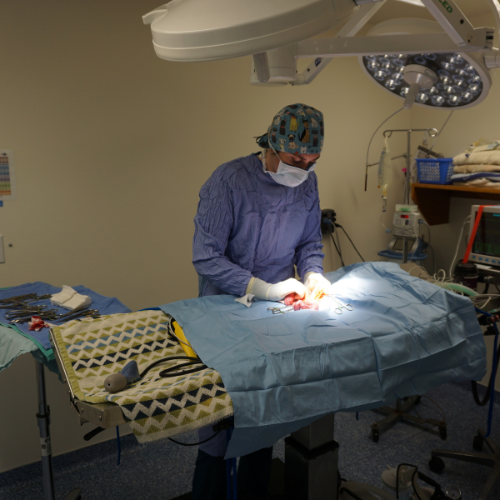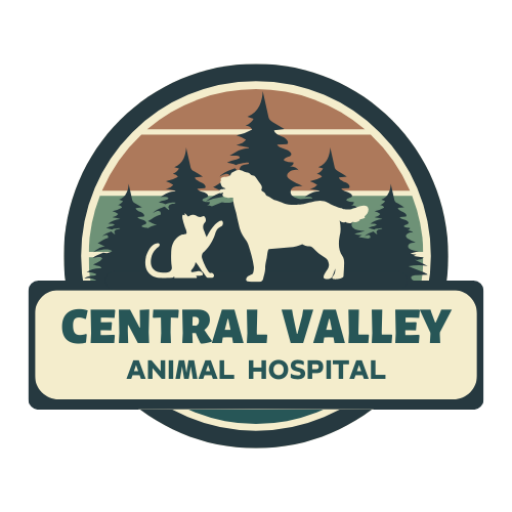Pet surgery
Central Valley Animal Hospital is equipped with a state-of-the-art surgical suite and experienced veterinarians who perform various general surgical procedures.
Pet surgery in Kitsap County, WA
Our surgical suite is equipped with the latest anesthesia and patient monitoring equipment. We carefully examine each pet before surgery and require every patient to have a pre-anesthetic blood test to evaluate their internal organ function.
Surgical Procedures Performed at Central Valley Animal Hospital
- Spay and neuter
- Oral surgery
- Many orthopedic surgeries, including fracture repair, hip (FHO) repair, cruciate (ACL) repair, and patellar luxation
- Abdominal surgery
- Urinary tract surgery
- Cesarean section
- Growth removal
- Laceration repair
- Emergency surgery (e.g., foreign object retrieval, wound repair, others as needed)

BEFORE SURGERY
Before surgery, your pet will be screened, and anesthetics will be hand-selected depending on your pet’s breed, age, health, and other factors. Blood tests are also done before any anesthesia is given to confirm that your pet’s liver, heart, and kidneys are functioning properly and that your pet is a good candidate for anesthesia.
DURING SURGERY
During surgery, one of our medically trained staff members monitors your pet’s vital signs. Their main priority is monitoring your pet’s heart rate and rhythm, respiratory functions, and body temperature and maintaining proper oxygen levels.
AFTER SURGERY
We believe it’s essential to keep a line of communication open with you every step of the way. Our staff will ensure we have up-to-date contact information to inform you about your pet’s surgery, progress, and recovery. Often, pain medication is sent to keep your pet as comfortable as possible. Our staff will provide post-operative care instructions, and we will explain everything you need to know to care for your pet at home.
Please speak with one of our staff members if you have any specific questions regarding your pet’s surgery or post-operative care.


